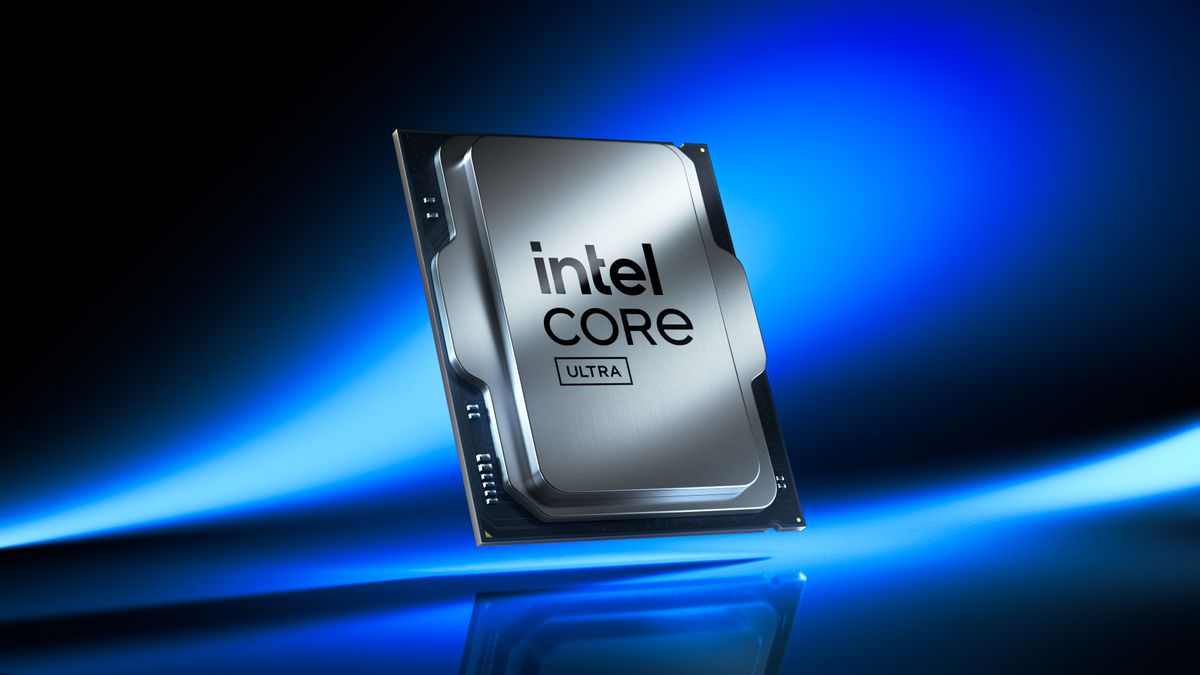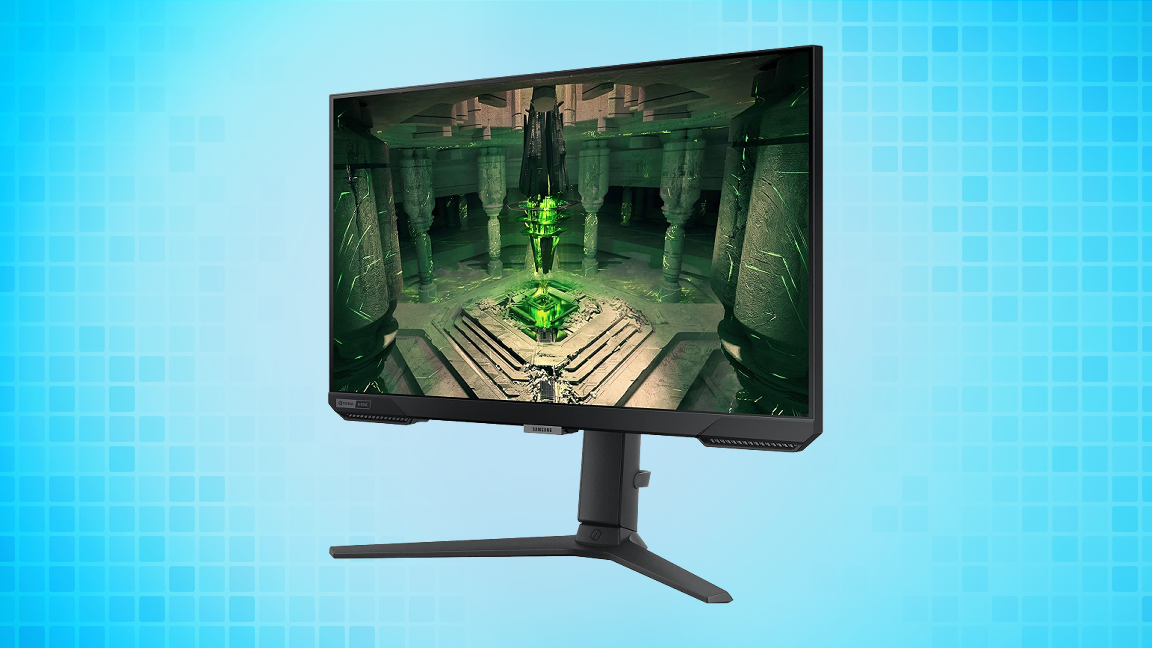Gone are the days when Infineon and Qimonda developed and produced dynamic random access memory in Germany as it got particularly unprofitable to build commodity memory in Europe. However, Ferroelectric Memory Co. (FMC) has joined forces with Neumonda to reestablish production of the so-called DRAM+ in Germany. Only this time, this will be non-volatile FeRAM aimed at specific applications.
FMC specializes in memory that uses ferroelectric hafnium oxide (HfO₂) to create DRAM+ that retains data without power. The technology replaces the typical capacitor in DRAM with a non-volatile version, keeping performance high while adding energy efficiency and data retention. FMC believes that its memory could be used for a wide range of applications, including AI, automotive, consumer, industrial, and medical.
Older FeRAM technologies (typically using lead zirconate titanate, or PZT, as the ferroelectric layer) were limited in capacity. Most commercial products topped out at a few megabytes, with 4MB or 8MB being quite common. PZT does not scale well with shrinking process nodes, and integration with standard CMOS processes is difficult and costly. As a result, cell structures like 1T1C (one transistor, one capacitor) consumed more area than DRAM or NAND.
The move to hafnium oxide is a game-changer. HfO₂ is CMOS-compatible, scales well below 10nm, and can be integrated with existing semiconductor manufacturing processes. Therefore, its usage enables higher densities and performance, potentially in the gigabit to gigabyte range, putting it closer to DRAM.
"FMC was founded to exploit the disruptive invention of the ferroelectric effect of HfO2 for semiconductor memories. Applied to a DRAM, it turns the DRAM capacitor into a low power, nonvolatile storage device while maintaining the high DRAM performance to produce a disruptive nonvolatile DRAM memory ideal for AI compute," explained Thomas Rueckes, CEO of FMC. "Since our technology is unique in the market, cost-effective testing of our memory products is of great importance for our product offerings. With Neumonda and its radically new approach to testing, we have found a partner that can help us speed up the development of our products. We also are excited to work with Neumonda as we share the common vision to bring Memory back to Europe."
Neumonda will support FMC by consulting and providing access to its advanced test systems: Rhinoe, Octopus, and Raptor. These platforms are designed for low-cost, energy-efficient, and independent memory testing. Neumonda’s systems offer detailed analysis that is not possible with traditional equipment and operate at significantly lower cost.
Together, the two companies are advancing a new memory product and also laying the groundwork for a broader revival of European semiconductor capabilities. Their combined efforts aim to rebuild a local ecosystem for advanced memory design and testing.
"As our test platforms are maturing, FMC’s products are an ideal test ground to prove the capabilities of our Rhinoe, Octopus, and Raptor testers, as well as the high-quality yield they enable," explained Peter Poechmueller, CEO of Neumonda. "One of my personal goals behind founding Neumonda was to bring semiconductor memory back to Europe. With this collaboration, we take a big step closer to establishing a new German memory manufacturer."










 English (US) ·
English (US) ·